If you've ever experienced the frustration of watching the water slowly drain out of your bathroom sink, you know how annoying it can be. Not only does it make it difficult to use the sink, but it can also lead to unpleasant odors and even mold growth. Fortunately, there are several ways to tackle a slow draining bathroom sink and get it back to functioning properly. Clogged Drain Cleaner One of the most common solutions for a slow draining bathroom sink is to use a clogged drain cleaner. These products are typically made of chemicals that break down and dissolve any blockages in your drain. While they can be effective, they can also be harsh and damaging to your pipes. It's important to follow the instructions carefully and avoid using them too frequently. Vinegar and Baking Soda If you prefer a more natural approach, you can try using a combination of vinegar and baking soda to unclog your bathroom sink. Simply pour a cup of baking soda down the drain, followed by a cup of vinegar. Let it sit for a few minutes and then flush it out with hot water. The chemical reaction between the two ingredients can help to break down and loosen any blockages. Plunger Using a plunger can also be an effective way to clear a slow draining bathroom sink. Fill the sink with enough water to cover the drain, and then place the plunger over the drain and pump up and down several times. This can create enough suction to dislodge any clogs and get the water flowing freely again.Unclogging a Slow Drain in a Bathroom Sink
Fixing a slow draining bathroom sink can be a simple DIY task with the right tools and techniques. Here are some steps to follow to get your sink back to normal: Step 1: Remove the Drain Stopper The first step is to remove the drain stopper from your sink. This can usually be done by unscrewing it or popping it out with a flathead screwdriver. Check for any hair or debris that may be caught on the stopper and clean it off. Step 2: Use a Drain Snake If the clog is further down in the drain, you may need to use a drain snake. This long, flexible tool can be inserted into the drain and twisted to break up any blockages. You can purchase a drain snake at most hardware stores. Step 3: Clean the P-Trap If the clog is still not cleared, the problem may be in the P-trap, the curved pipe under your sink. Place a bucket under the P-trap to catch any water, then use pliers to loosen and remove the P-trap. Clean out any debris and then reattach the trap. Step 4: Run Hot Water Once you've cleared the clog, run hot water down the drain to help flush out any remaining debris. This will also help to dissolve any buildup in your pipes.How to Fix a Slow Draining Bathroom Sink
Aside from the methods mentioned above, there are a few other DIY solutions you can try to fix a slow draining bathroom sink: Salt and Baking Soda Mix together equal parts salt and baking soda and pour it down the drain. Follow it up with a cup of hot water and let it sit for a few minutes before flushing with more hot water. The abrasive texture of the mixture can help to break down any blockages. Boiling Water Simply pouring a pot of boiling water down the drain can sometimes be enough to clear a clog. This method is best for minor blockages caused by grease or soap scum. Plumbing Snake If you don't have a drain snake on hand, you can try using a wire hanger. Straighten it out and then bend one end into a hook. Insert it into the drain and twist it around to try and hook onto any clogs. Pull it out and discard any debris that you catch.DIY Solutions for a Slow Draining Bathroom Sink
Understanding the root cause of your slow draining bathroom sink can help you prevent it from happening in the future. Some common causes include: Hair and Soap Scum Hair and soap scum are two of the main culprits for clogged bathroom sinks. Over time, they can build up and cause blockages in your pipes. Regularly cleaning the drain stopper and using a drain catcher can help to prevent this issue. Mineral Buildup If you have hard water, mineral buildup can occur in your pipes and slow down the draining process. Using a water softener or regularly cleaning your pipes with vinegar can help to prevent this issue. Foreign Objects Sometimes, items like jewelry or small toys can accidentally fall into the sink and cause a blockage. Make sure to keep these items away from the sink to prevent this from happening.Causes of a Slow Draining Bathroom Sink
To effectively clear a slow draining bathroom sink, keep these tips in mind: Be Proactive Don't wait until your sink is completely clogged to try and fix it. Regularly clean the drain stopper and use a drain catcher to prevent hair and debris from going down the drain. Use Hot Water Running hot water down the drain can help to dissolve any buildup and flush out small clogs. Do this regularly to keep your sink draining smoothly. Avoid Harsh Chemicals While clogged drain cleaners can be effective, they can also be damaging to your pipes. Try using natural solutions like vinegar and baking soda first.Tips for Clearing a Slow Draining Bathroom Sink
There are several common reasons why your bathroom sink may be draining slowly: Clogged Drain This is the most obvious reason for a slow draining bathroom sink. Hair, soap scum, and other debris can easily get caught in the drain and cause a blockage. Old Pipes If your pipes are old and corroded, they may have buildup and blockages that can cause draining issues. Consider having them replaced if this is a recurring problem. Hard Water As mentioned, hard water can lead to mineral buildup in your pipes, which can impede the flow of water. Installing a water softener can help to prevent this issue.Common Reasons for a Slow Draining Bathroom Sink
If you're short on time and need a quick fix for a slow draining bathroom sink, here are some solutions to try: Boiling Water and Dish Soap Boil a pot of water and mix in a few drops of dish soap. Pour this down the drain and let it sit for a few minutes before flushing with more hot water. The soap can help to break down any grease or buildup in your pipes. Plunger and Petroleum Jelly If you don't have a drain snake, you can try using a plunger with a little bit of petroleum jelly around the rim. This can create a better seal and help to dislodge any clogs. Baking Soda and Salt As mentioned, a mixture of baking soda and salt can help to clear minor clogs. Leave it in the drain for a few minutes before flushing with hot water.Quick Fixes for a Slow Draining Bathroom Sink
If all else fails, it may be time to call in a professional plumber to tackle your slow draining bathroom sink. They have the tools and expertise to effectively clear any blockages and get your sink back to functioning properly. They can also identify and fix any underlying issues, such as damaged pipes or a faulty drainage system. Hydro Jetting A plumber may use a technique called hydro jetting, which involves using high-pressure water to blast through any clogs and buildup in your pipes. This can be an effective solution for more stubborn blockages. Camera Inspection If your plumber suspects that there may be a larger issue causing your slow draining bathroom sink, they may use a camera to inspect your pipes and identify the problem. This can help to pinpoint the exact location of the clog or damage.Professional Solutions for a Slow Draining Bathroom Sink
Once you've successfully unclogged your bathroom sink, you'll want to take steps to prevent it from happening again in the future. Here are some tips: Regular Maintenance Make sure to regularly clean the drain stopper and use a drain catcher to prevent hair and debris from going down the drain. Use Natural Solutions Avoid using harsh chemicals to clear your drains and opt for natural solutions like vinegar and baking soda instead. Flush with Hot Water Running hot water down your drain regularly can help to prevent any buildup and keep your pipes clean.Preventing a Slow Draining Bathroom Sink
If you notice any of the following signs, it's likely that your bathroom sink drain is clogged and in need of attention: Water Draining Slowly This is the most obvious sign of a clogged drain. If the water is draining slowly or not at all, it's time to take action. Unpleasant Odors If your sink is emitting unpleasant odors, it could be a sign of a clogged drain. This is often caused by trapped food particles or other debris. Water Backing Up If water is backing up into your sink or even onto the counter, it's a clear sign that there is a blockage in your drain. In conclusion, a slow draining bathroom sink can be a frustrating and unpleasant issue to deal with. However, with the right techniques and preventative measures, you can keep your sink running smoothly and avoid future clogs. Whether you choose to tackle the problem yourself or call in a professional, addressing a slow draining bathroom sink as soon as possible is key to preventing further damage and keeping your bathroom functioning properly.Signs of a Clogged Bathroom Sink Drain
The Problem with a Really Slow Drain in Your Bathroom Sink

Don't Let a Clogged Sink Slow You Down
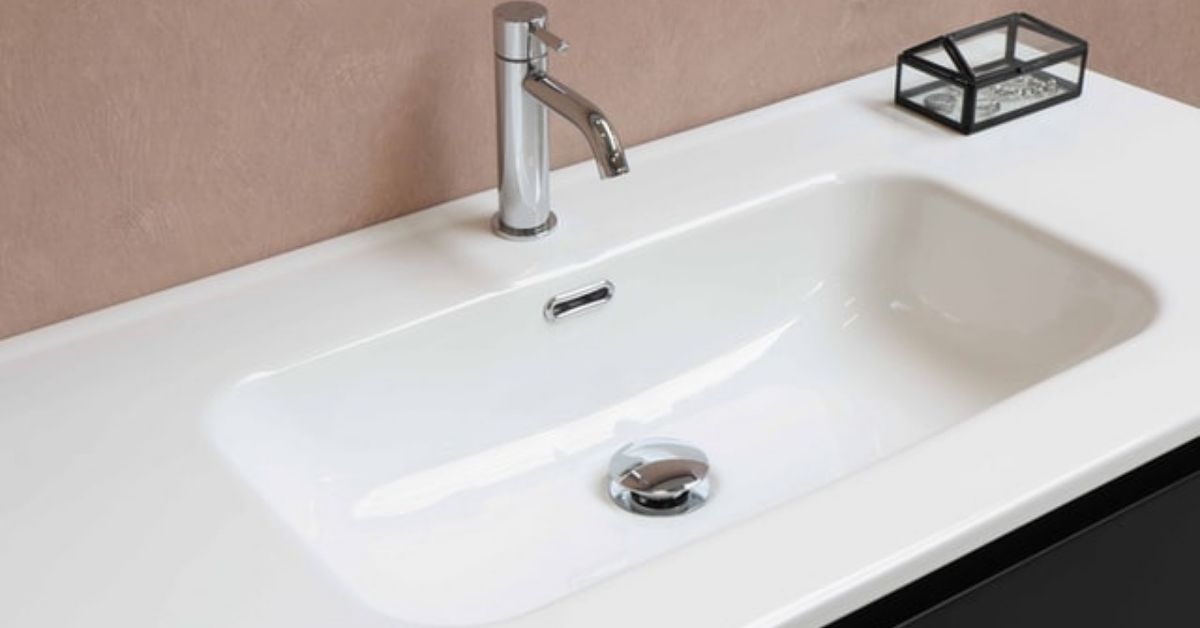 If you've ever experienced a slow drain in your bathroom sink, you know how frustrating it can be. You turn off the faucet, expecting the water to quickly disappear down the drain, but instead, it slowly trickles away, leaving behind a pool of dirty water. Not only is this inconvenient, but it can also be unsanitary. So, what causes a slow drain in your bathroom sink and how can you fix it?
Many things can contribute to a slow drain in your bathroom sink. Hair, soap scum, and other debris can build up over time, creating a clog in the drain. Additionally, the pipes may be old or made of materials that are prone to corrosion, leading to a buildup of residue that can slow down the flow of water. Regardless of the cause, a slow drain is not something to ignore.
Keep Your Bathroom Sink Functioning with Proper Maintenance
Preventing a slow drain in your bathroom sink starts with proper maintenance. Make sure to regularly clean the drain by removing any visible debris, and use a drain guard to catch hair and other materials that can contribute to clogs. You can also use natural solutions such as vinegar and baking soda to help break down buildup in the pipes.
Call a Professional for Help
If your bathroom sink is still draining slowly despite your best efforts, it may be time to call in the professionals. A plumber will be able to assess the situation and determine the cause of the slow drain. They can use specialized tools and techniques to clear out any clogs and restore proper drainage to your sink. Additionally, a professional can inspect your pipes and make any necessary repairs or replacements to prevent future clogs.
Consider Upgrading Your Bathroom Sink
If your bathroom sink is old and constantly experiencing slow drains, it may be time to consider upgrading to a new sink. Modern sinks are designed with efficient drainage systems and durable materials that can withstand the buildup of debris and residue. Plus, a new sink can give your bathroom a fresh and updated look.
In conclusion, a slow drain in your bathroom sink may seem like a minor inconvenience, but it can lead to bigger problems if left untreated. With proper maintenance and the help of a professional, you can keep your bathroom sink functioning at its best. Don't let a clogged sink slow you down – take action to fix the problem and keep your bathroom in top shape.
If you've ever experienced a slow drain in your bathroom sink, you know how frustrating it can be. You turn off the faucet, expecting the water to quickly disappear down the drain, but instead, it slowly trickles away, leaving behind a pool of dirty water. Not only is this inconvenient, but it can also be unsanitary. So, what causes a slow drain in your bathroom sink and how can you fix it?
Many things can contribute to a slow drain in your bathroom sink. Hair, soap scum, and other debris can build up over time, creating a clog in the drain. Additionally, the pipes may be old or made of materials that are prone to corrosion, leading to a buildup of residue that can slow down the flow of water. Regardless of the cause, a slow drain is not something to ignore.
Keep Your Bathroom Sink Functioning with Proper Maintenance
Preventing a slow drain in your bathroom sink starts with proper maintenance. Make sure to regularly clean the drain by removing any visible debris, and use a drain guard to catch hair and other materials that can contribute to clogs. You can also use natural solutions such as vinegar and baking soda to help break down buildup in the pipes.
Call a Professional for Help
If your bathroom sink is still draining slowly despite your best efforts, it may be time to call in the professionals. A plumber will be able to assess the situation and determine the cause of the slow drain. They can use specialized tools and techniques to clear out any clogs and restore proper drainage to your sink. Additionally, a professional can inspect your pipes and make any necessary repairs or replacements to prevent future clogs.
Consider Upgrading Your Bathroom Sink
If your bathroom sink is old and constantly experiencing slow drains, it may be time to consider upgrading to a new sink. Modern sinks are designed with efficient drainage systems and durable materials that can withstand the buildup of debris and residue. Plus, a new sink can give your bathroom a fresh and updated look.
In conclusion, a slow drain in your bathroom sink may seem like a minor inconvenience, but it can lead to bigger problems if left untreated. With proper maintenance and the help of a professional, you can keep your bathroom sink functioning at its best. Don't let a clogged sink slow you down – take action to fix the problem and keep your bathroom in top shape.
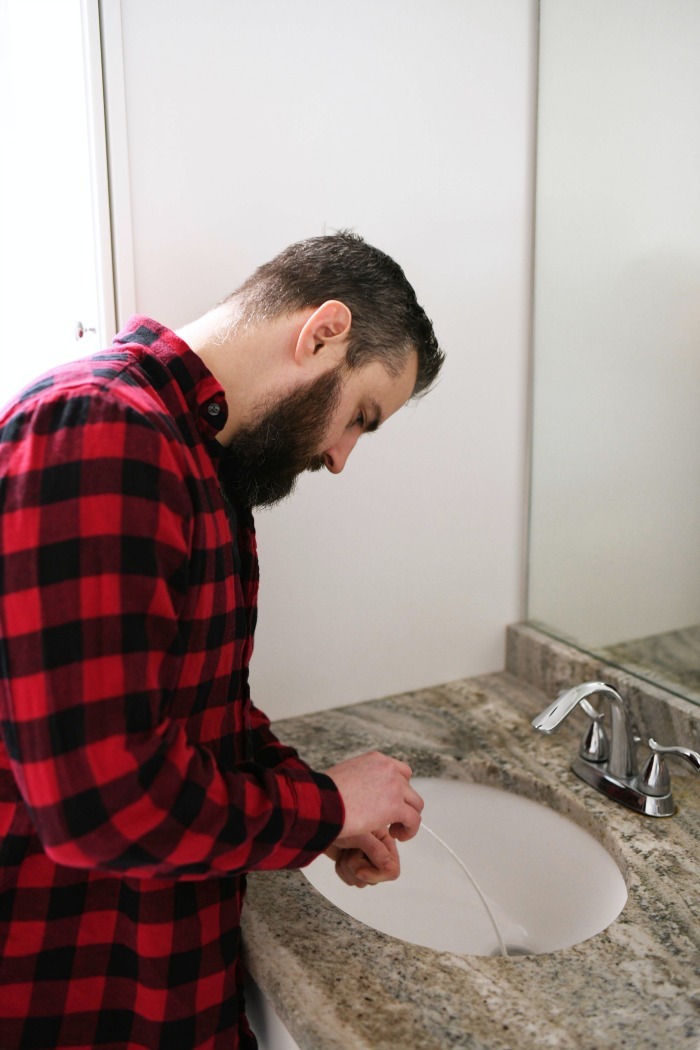


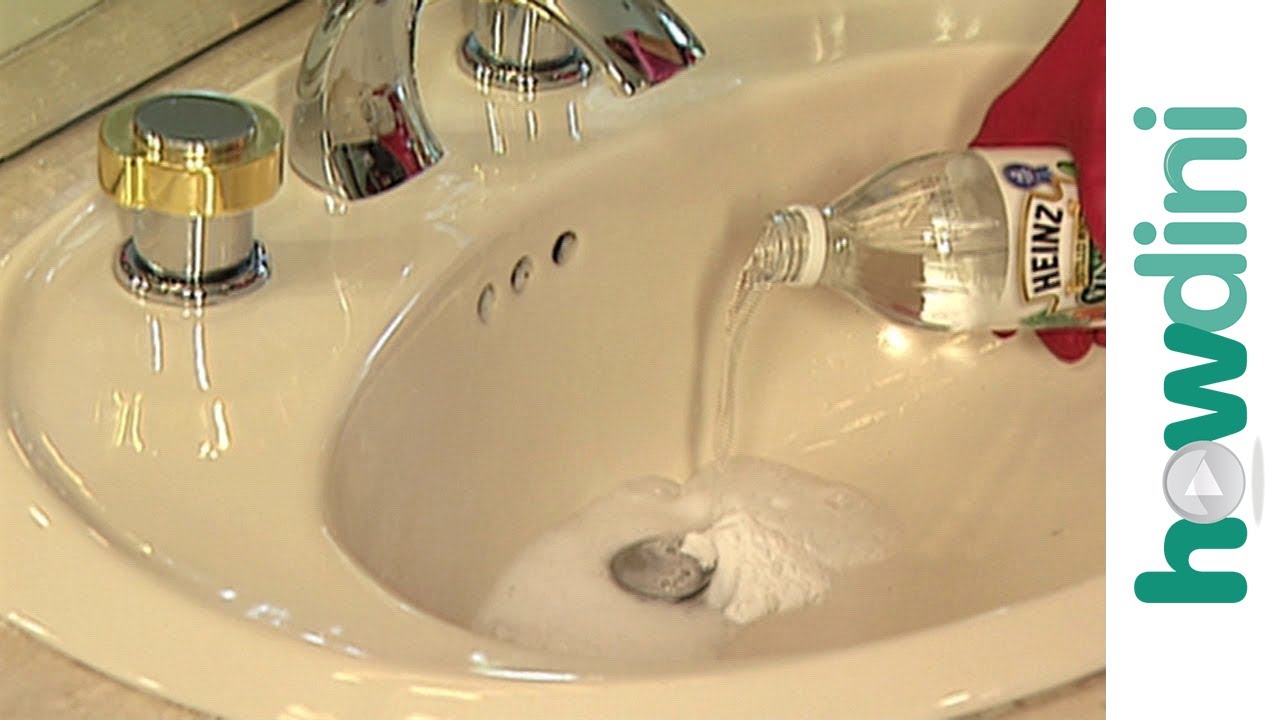








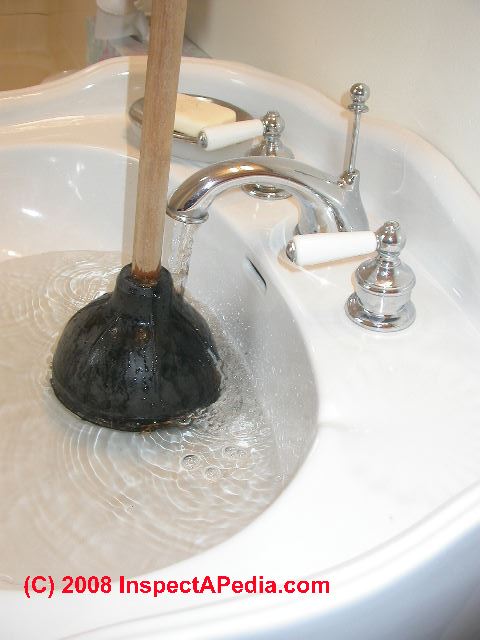









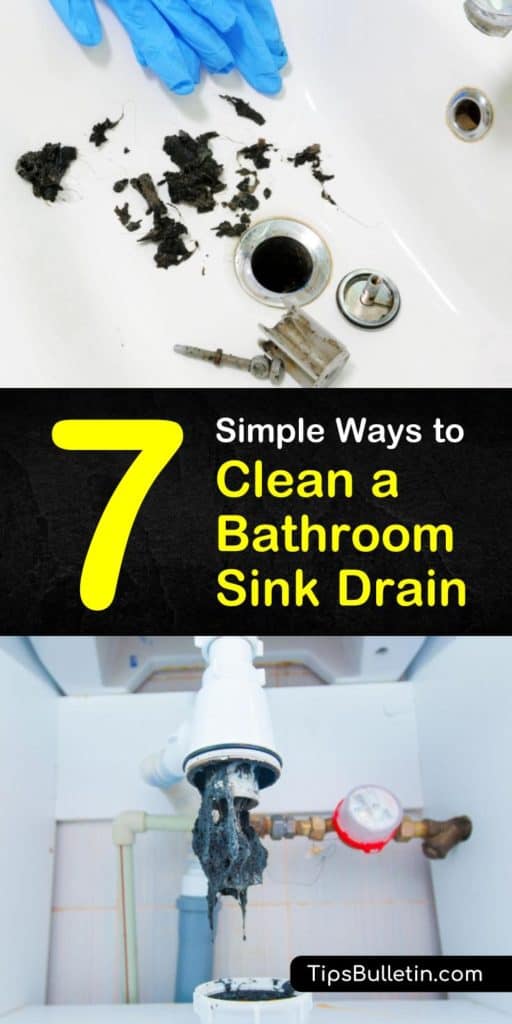

:max_bytes(150000):strip_icc()/Five-Ways-to-Fix-a-Slow-Sink-Drain-03-24c1f6dd477d46b9b5d1f70952a76933.jpg)




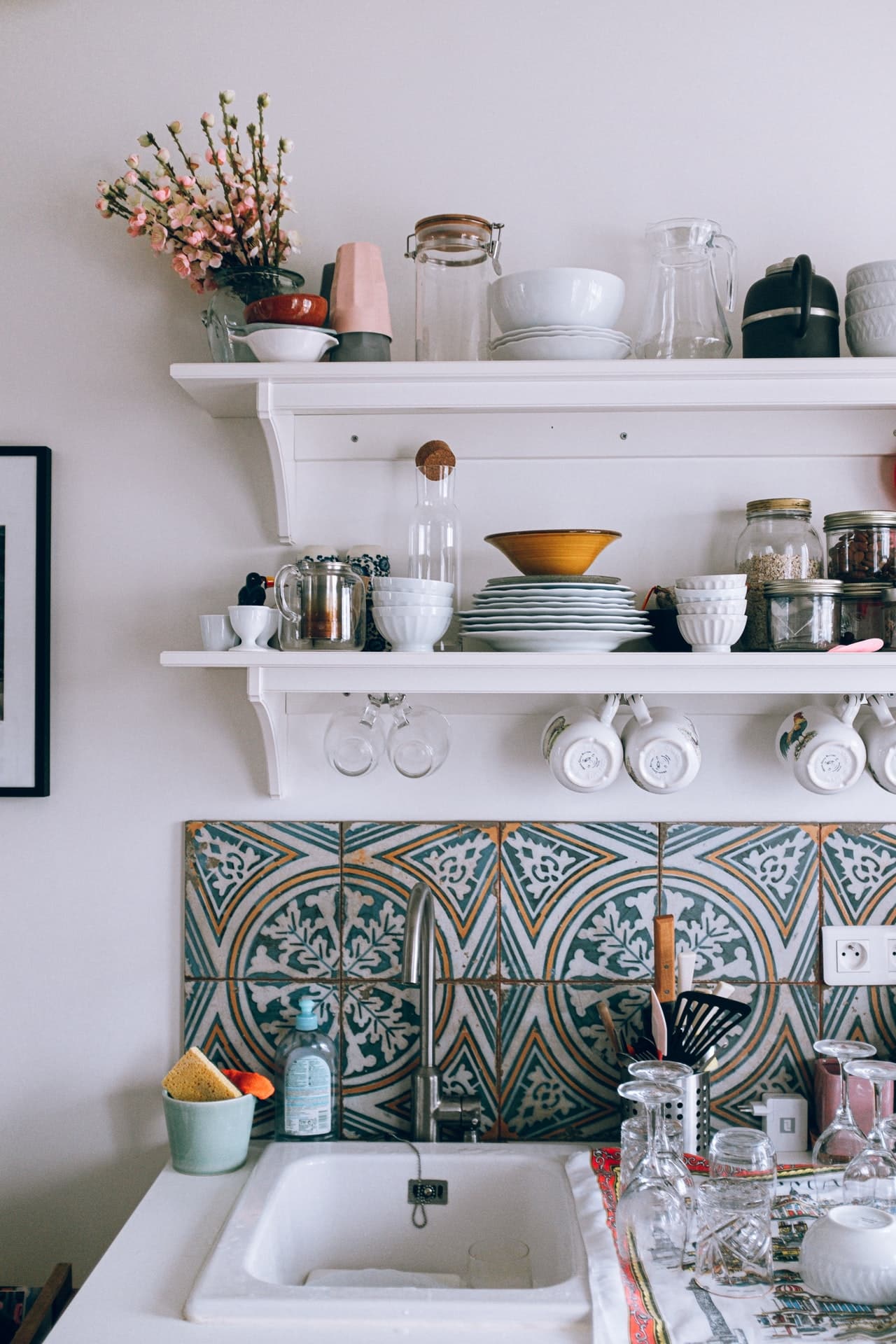


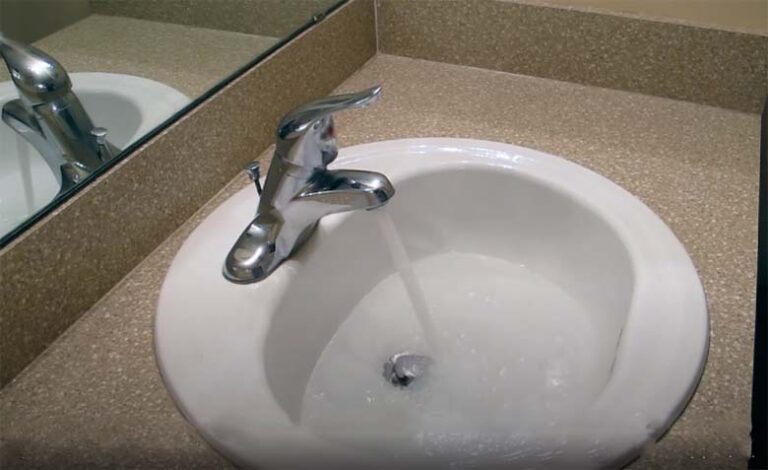










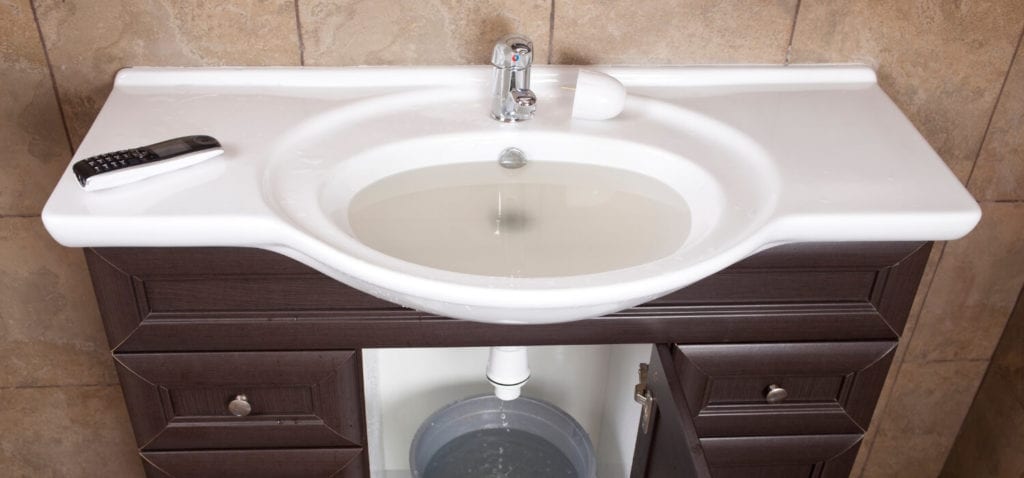


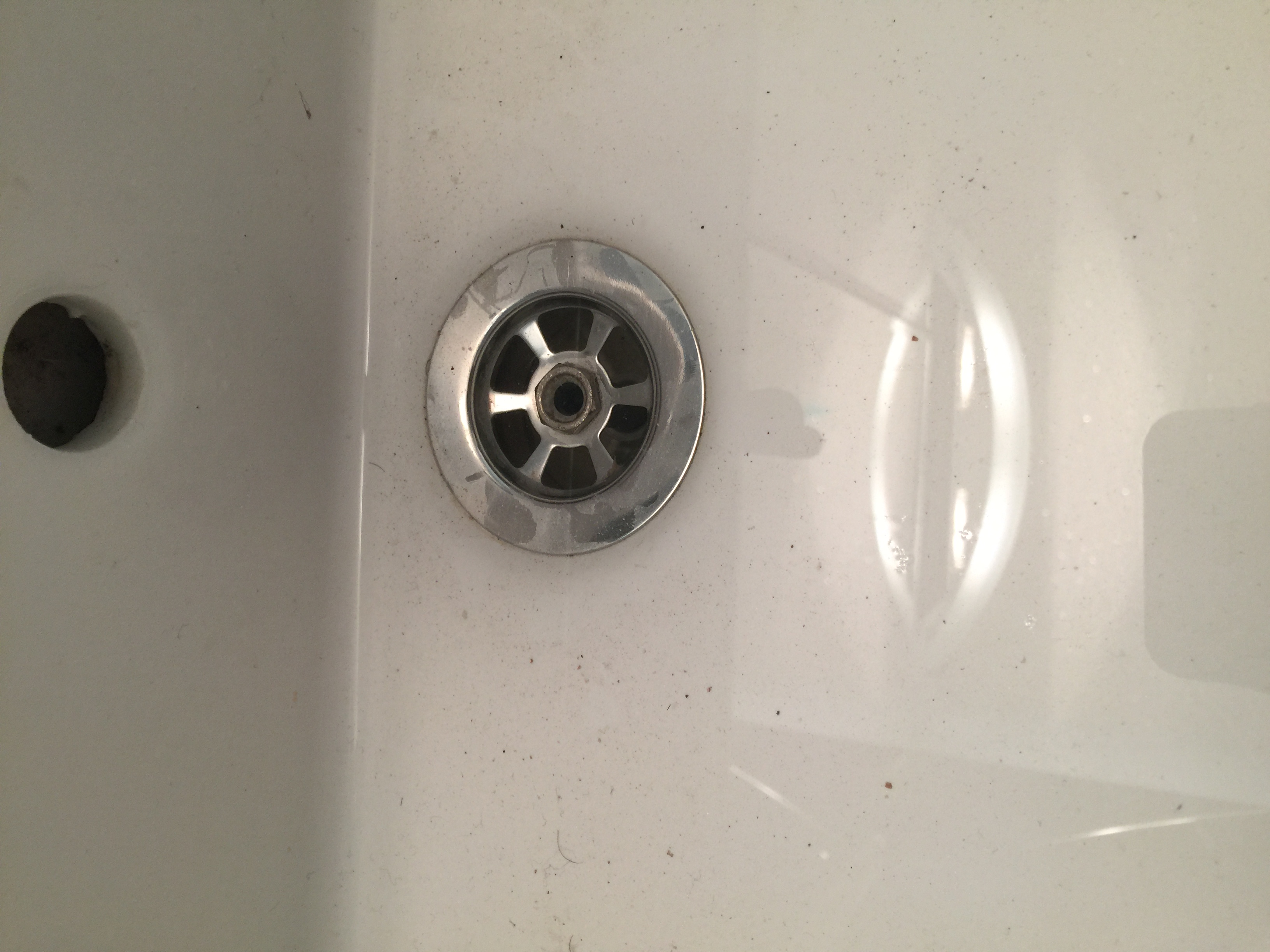






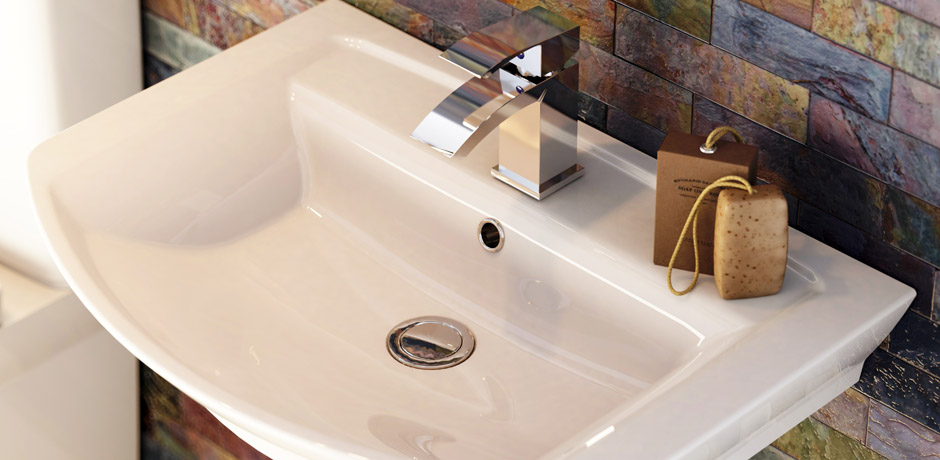
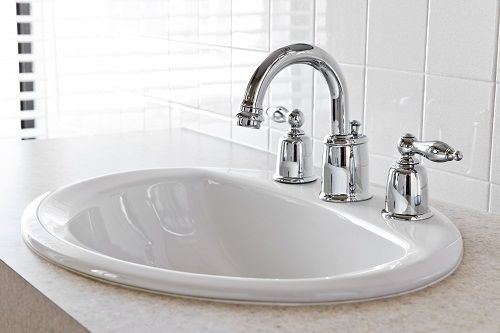
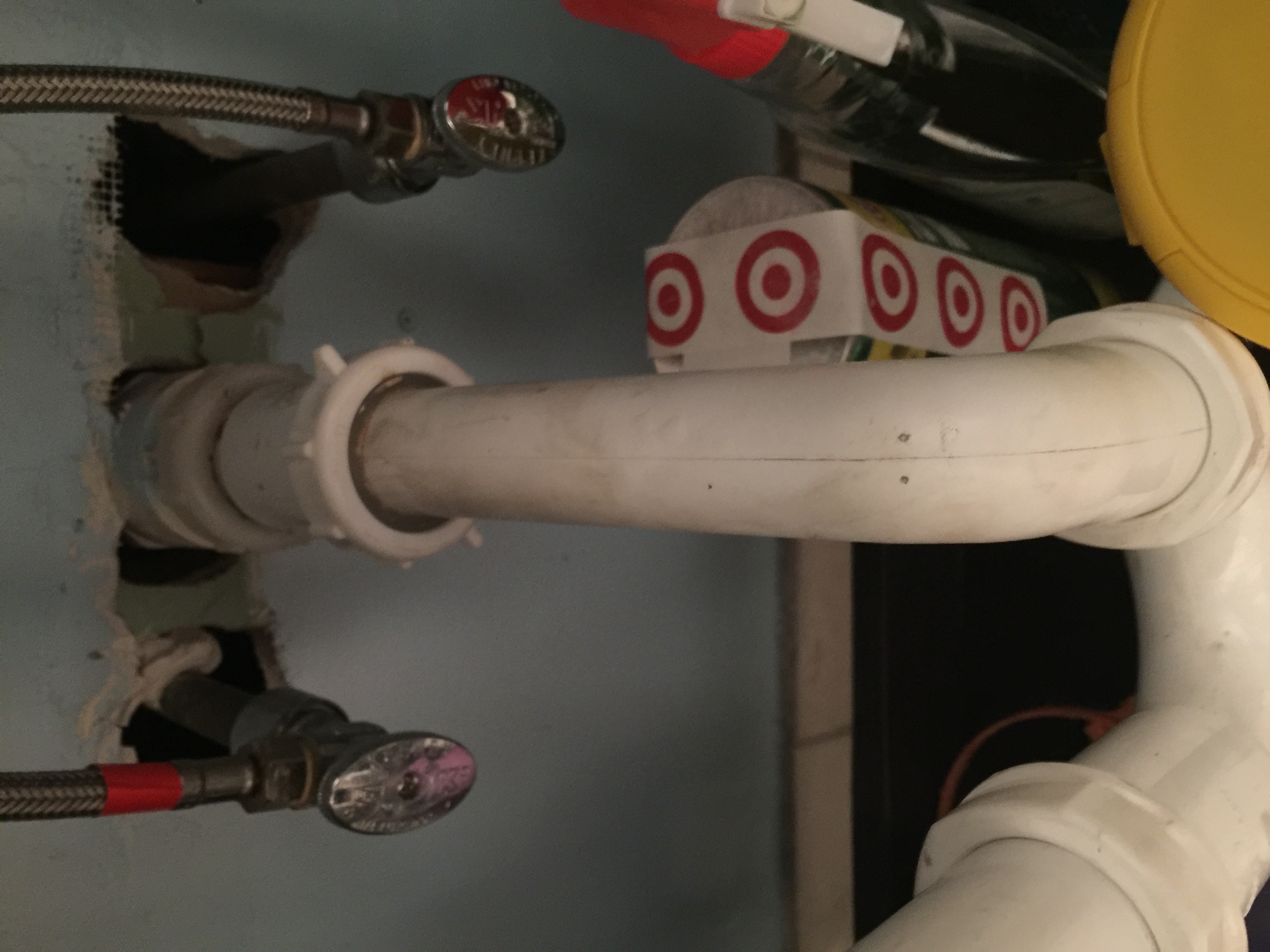



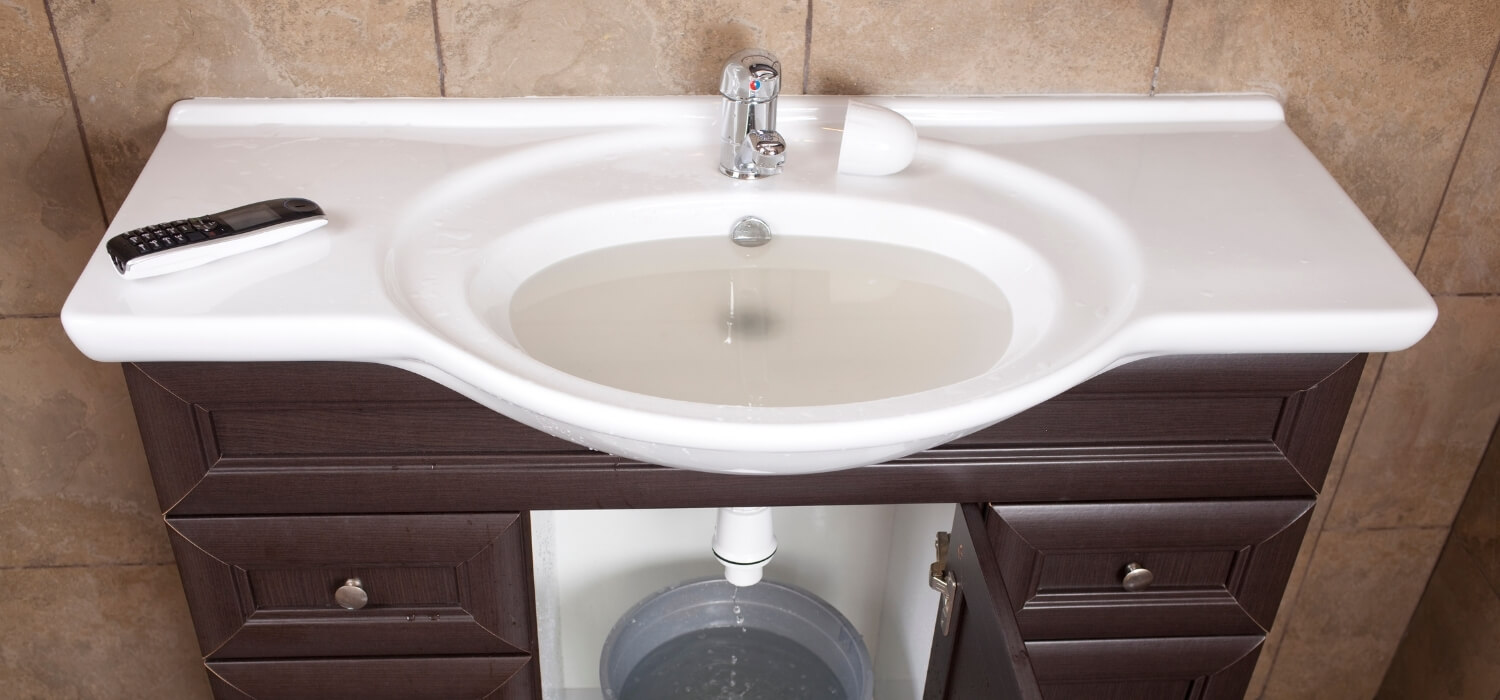



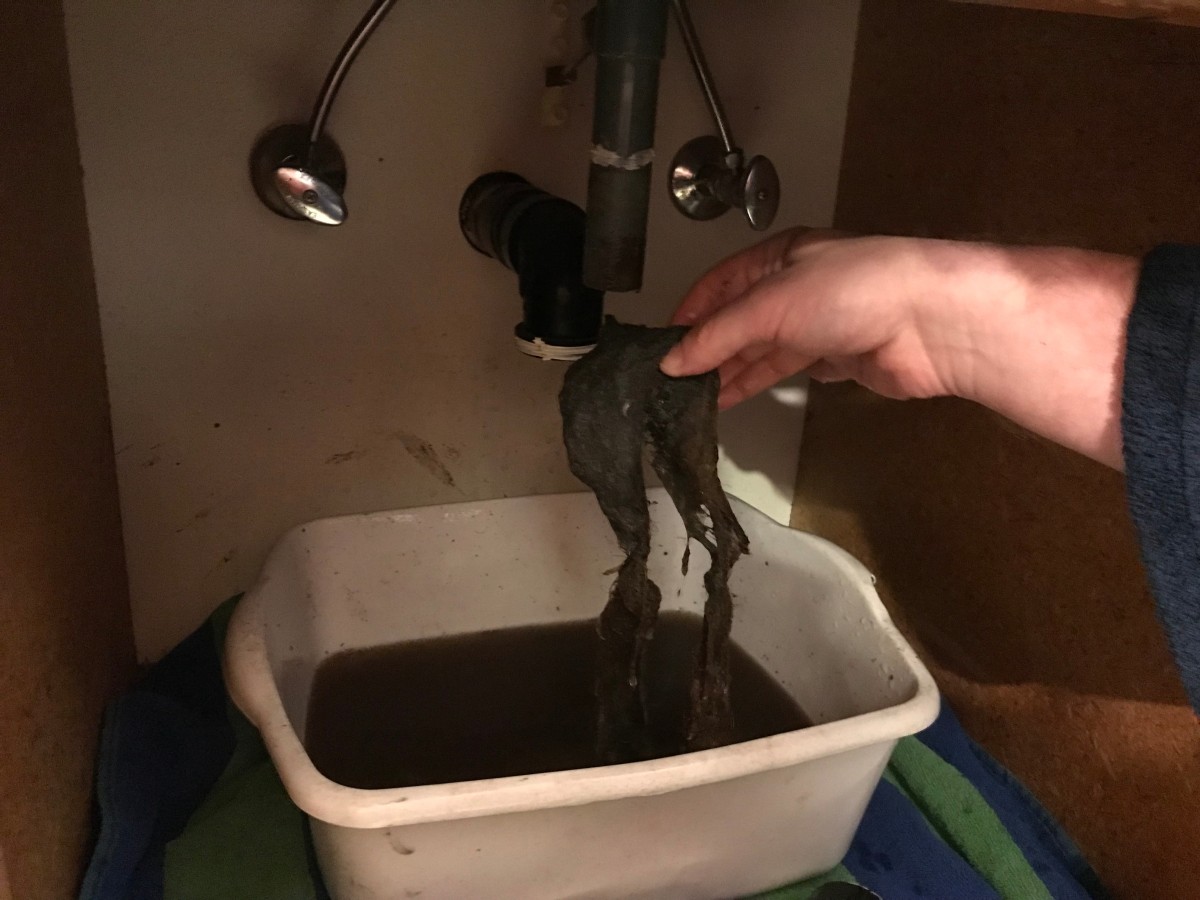







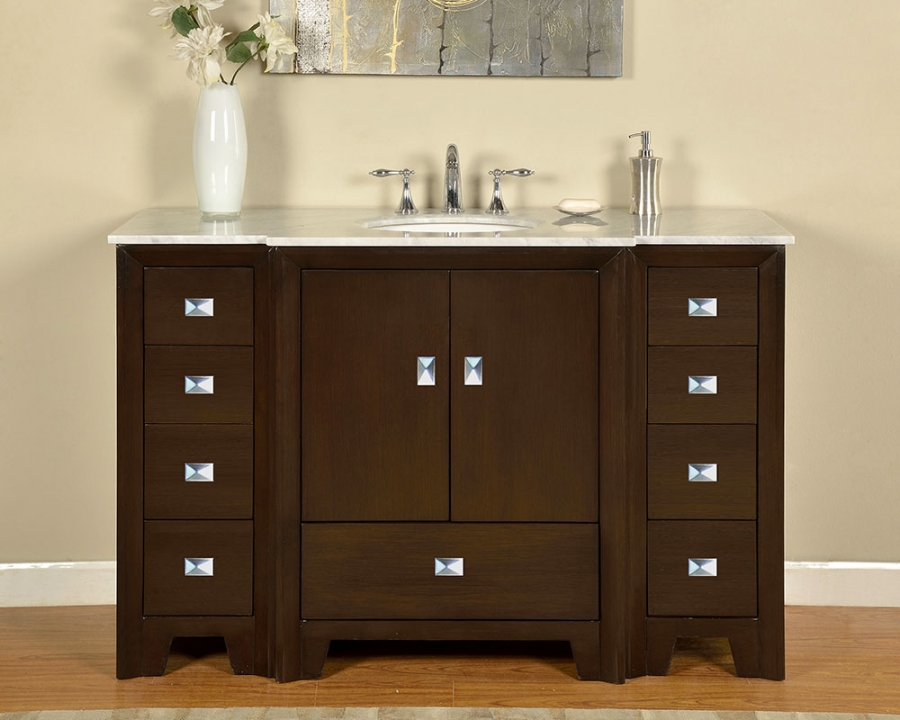
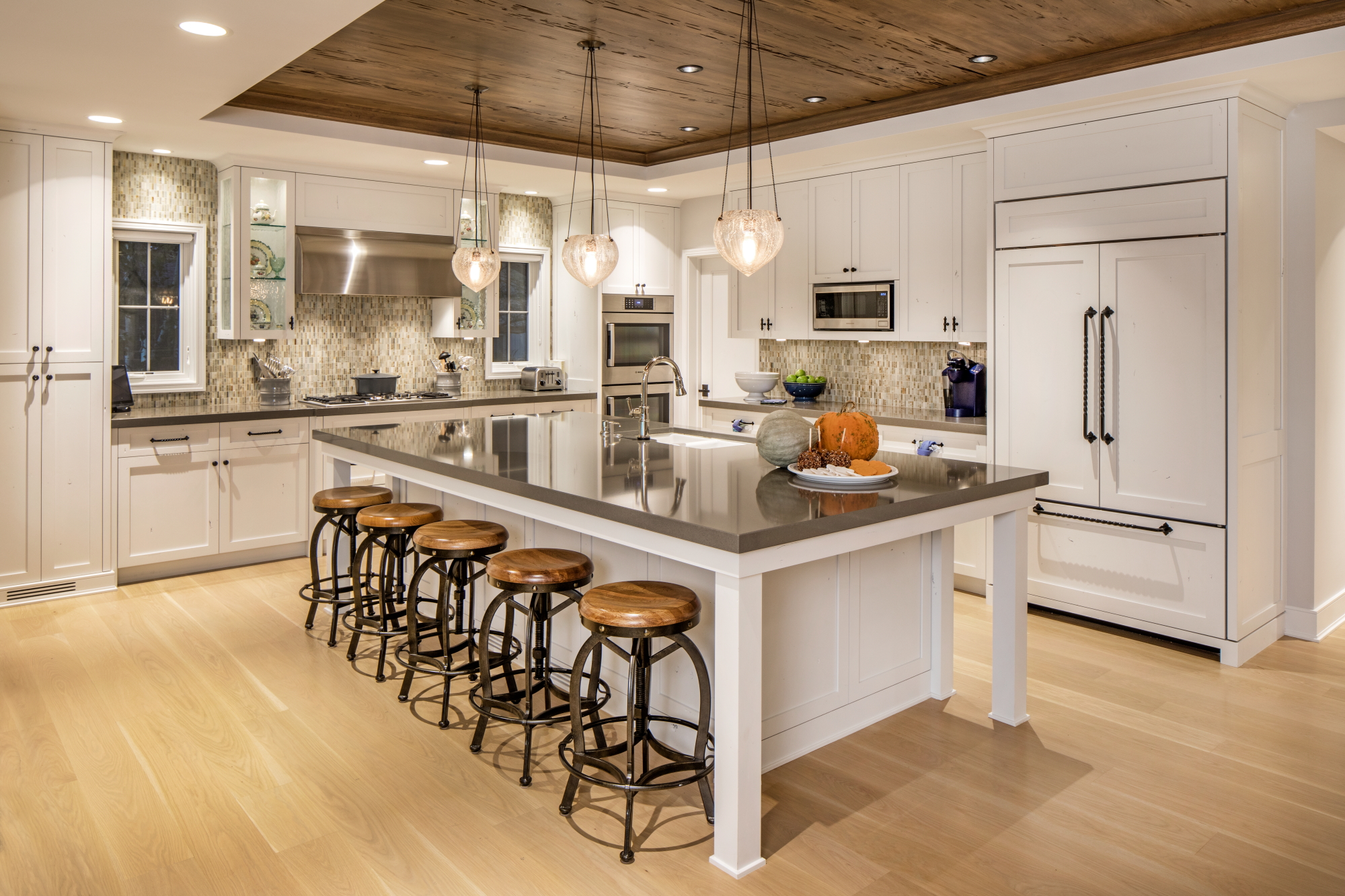
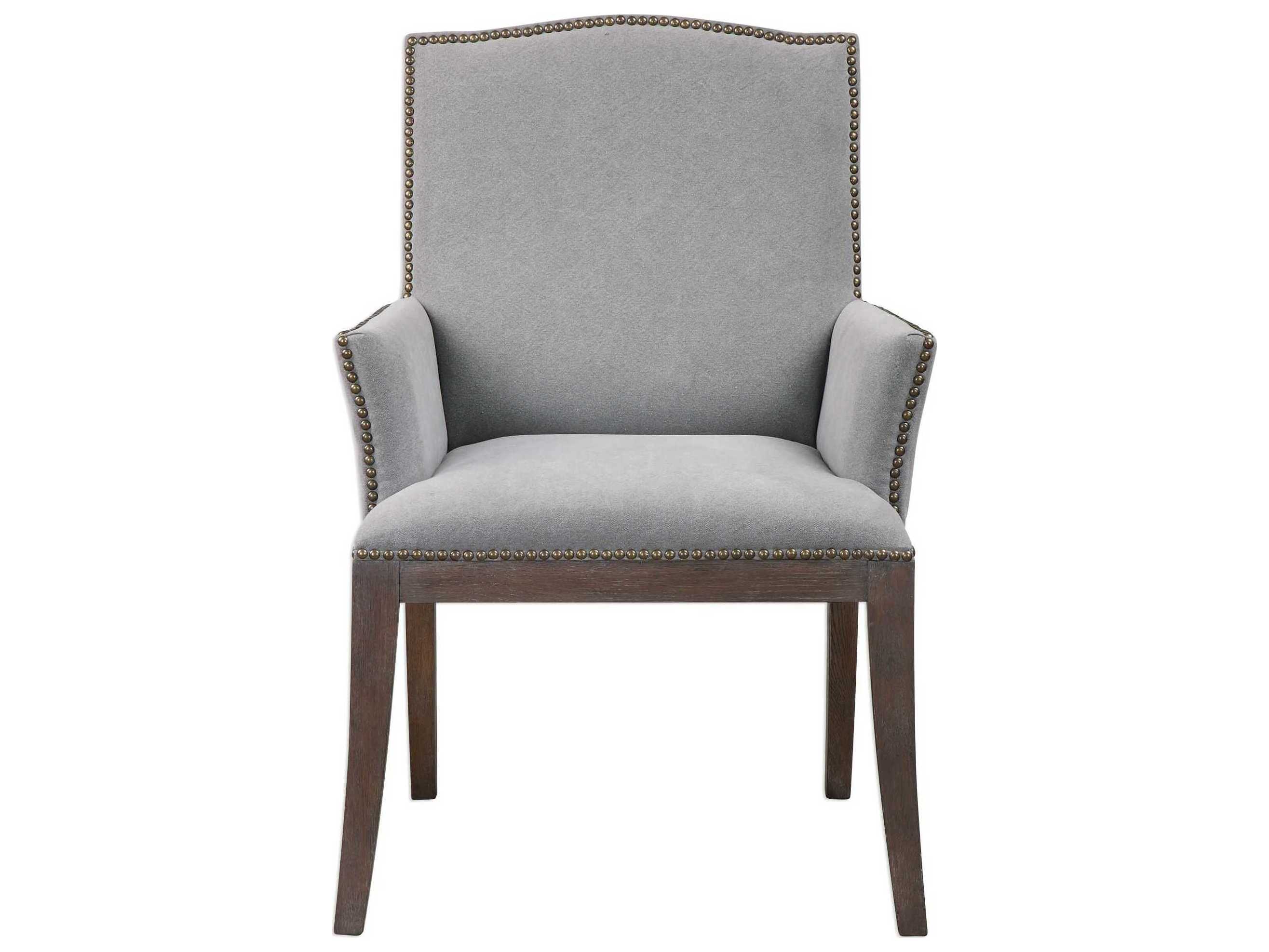
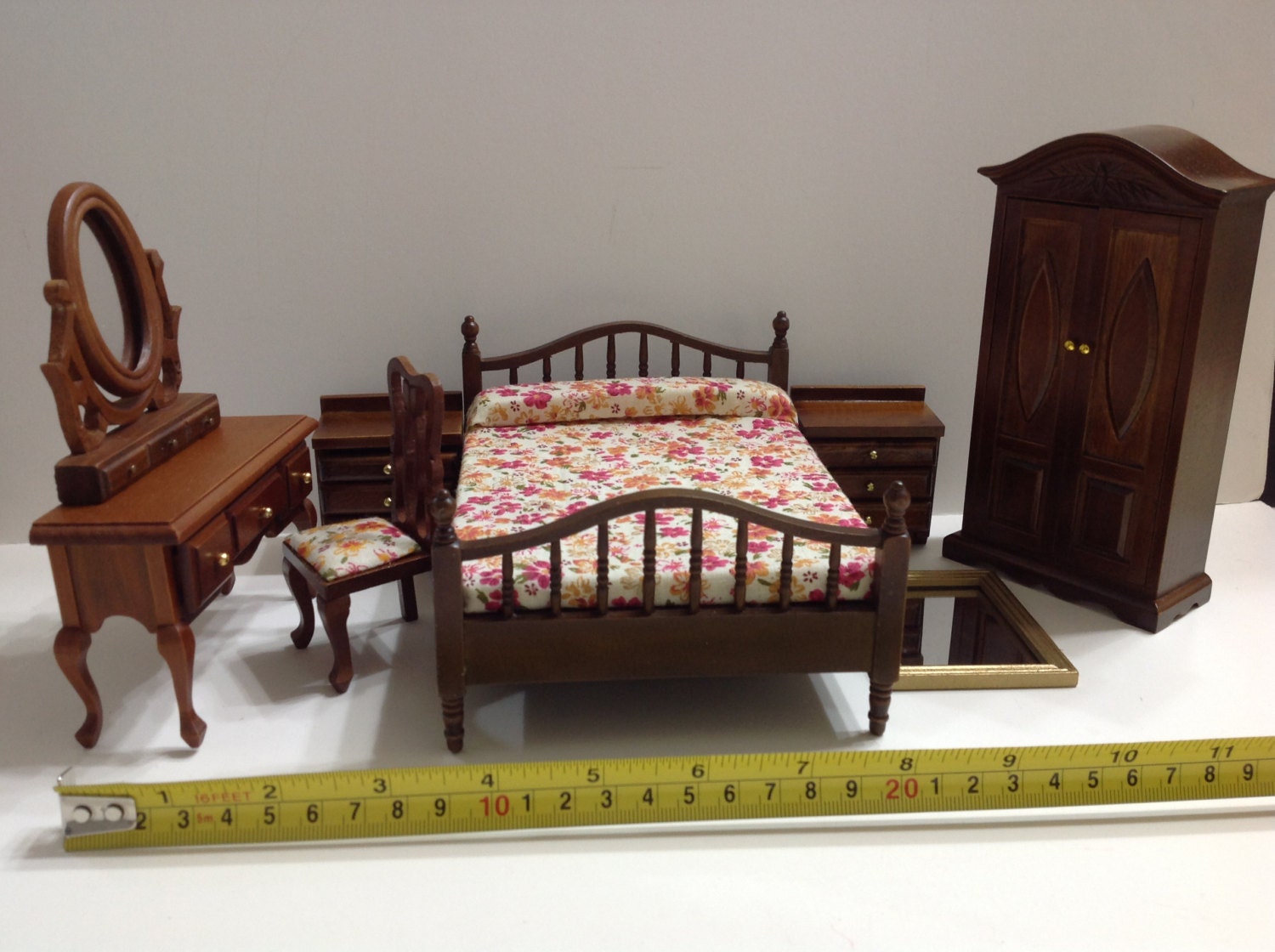
/media/img/prizes/prizegrab-sleep-number-bed-sweepstakes.jpg)
